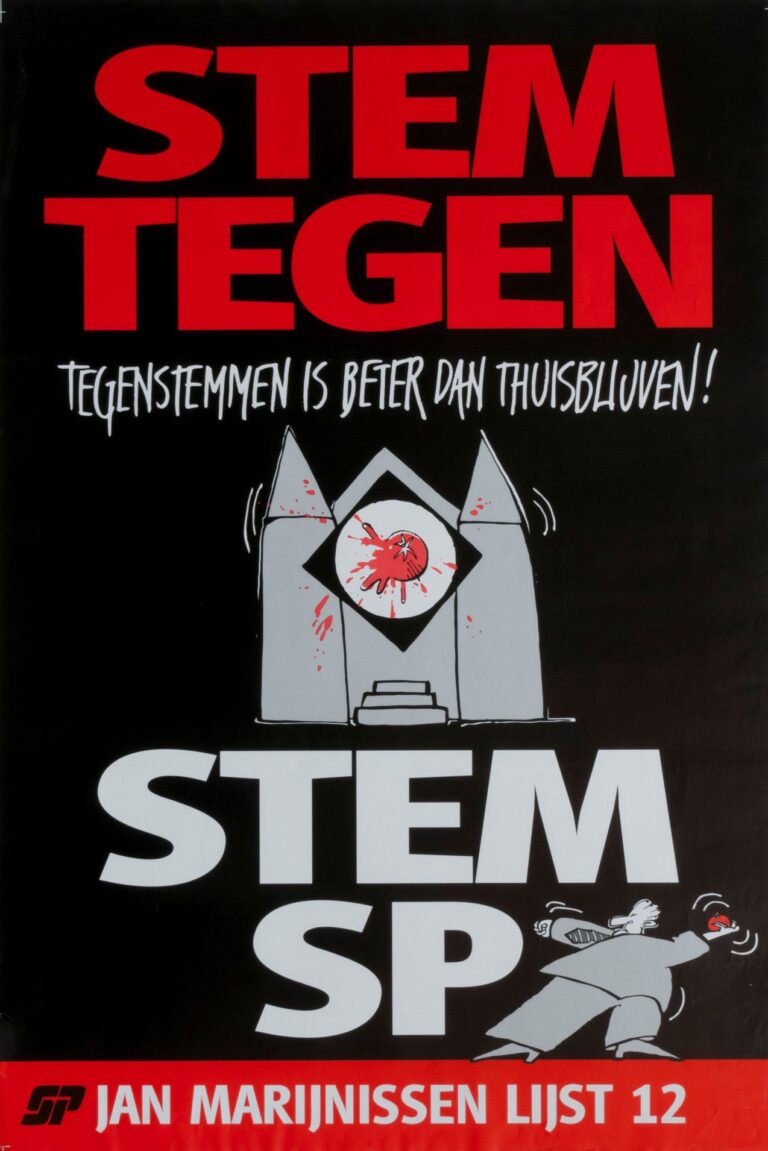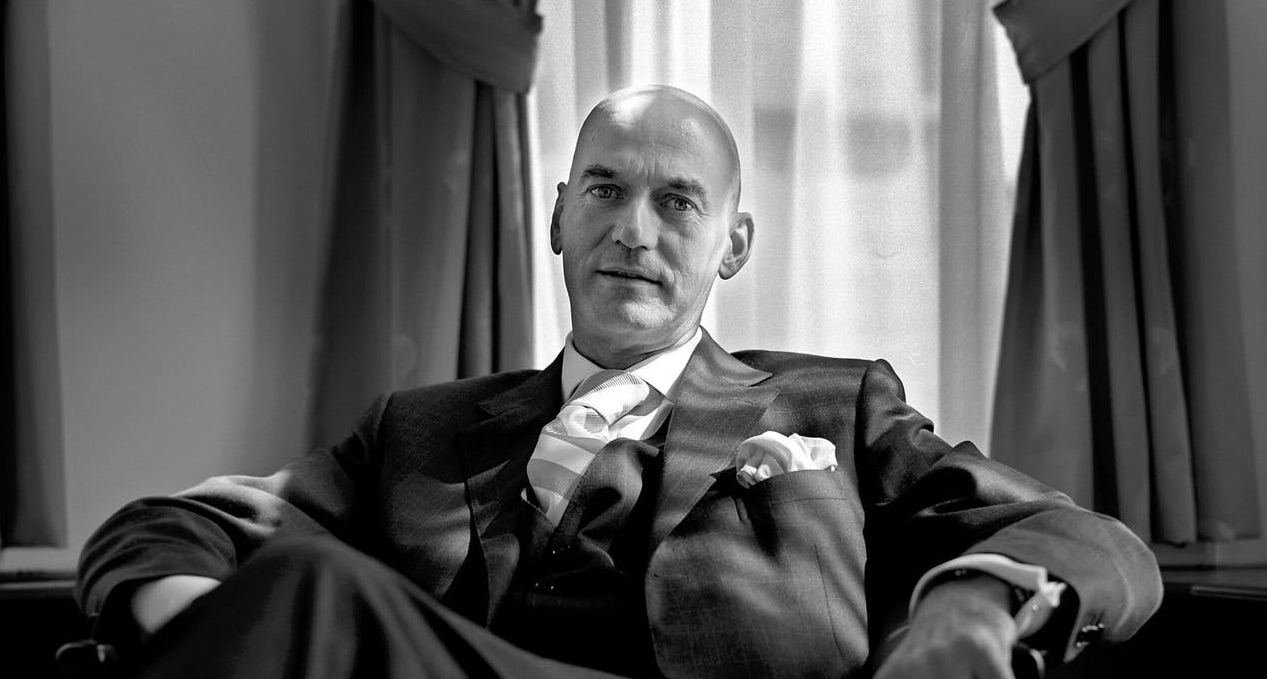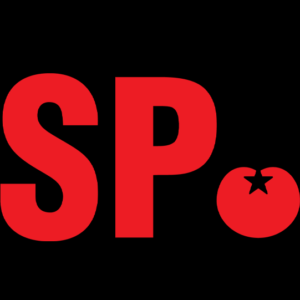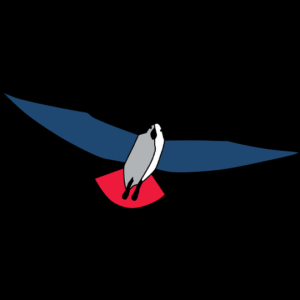In recent decades, the Netherlands has had one of Europe’s most fragmented party systems. This is largely due to an electoral system without a percentage threshold, meaning that around 0.8 percent of the votes are enough to gain a seat. In the 2021 election, 17 parties entered parliament, including three newcomers, reduced in 2023 to 15, including one new party.
One consequence of the fragmentation is increased difficulties in creating stable governments. After the 2017 election, 225 days passed until a new government was formed. The record was broken in 2021 with 299 days, even though in the end the same four parties continued to govern.
The party system of the Netherlands has been fertile ground for political entrepreneurs of all flavours, creating endless opportunities for small, often radical, parties to gain some influence, although it mostly has meant that left and right wing parties have had to lean towards the centre in order to form stable governing majorities.
The Dutch Communist Party (CPN) was formed in 1909 and achieved its greatest success immediately after World War II with ten percent in the 1946 election. However, support for the communist party gradually declined over the following decades as the legitimacy of their ideology weakened. In 1956, the CPN, isolated from the other parties, supported the Soviet invasion of Hungary. The student revolts of the 1960s gave a certain boost and the party increased its voter support in the early 1970s. Towards the end of the decade, they moved on to a more Eurocommunist line and tried to profile themselves on new issues such as gender equality. In the 1986 election, they were voted out of parliament and the party later joined the newly formed green left in Groen Links, where the party’s more progressives representatives had influence.
Several other minor communist parties were established from the 1960s and onward. Among those were the Socialist Party (SP), formed in 1971 by Maoists who disagreed with the Leninists on the role of intellectuals in the class struggle. The SP competed for the first time in parliamentary elections in 1977, but failed as it did throughout the 1980s. In 1991, they adopted a new program where they abandoned Maoism and instead profiled themselves as a democratic left-wing party, with a strong outsider approach, illustrated by the 1994 slogan “vote against, vote SP!”. From 1994 and well into the 2000s, the PvdA had a stated strategy to isolate and oppose the SP, by consistently voting against their proposals. The SP is often described as a left-wing populist party, although they came to moderate that position in the 2000s. In 2023 it campaigned on what political scienctist Cas Mudde described as an “old left” platform: “combining traditional leftwing economic positions, for example on healthcare, with demands for a temporary stop on migrant workers”, and attacks on identity politics.









